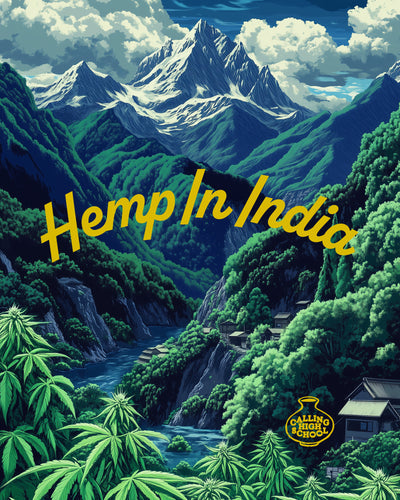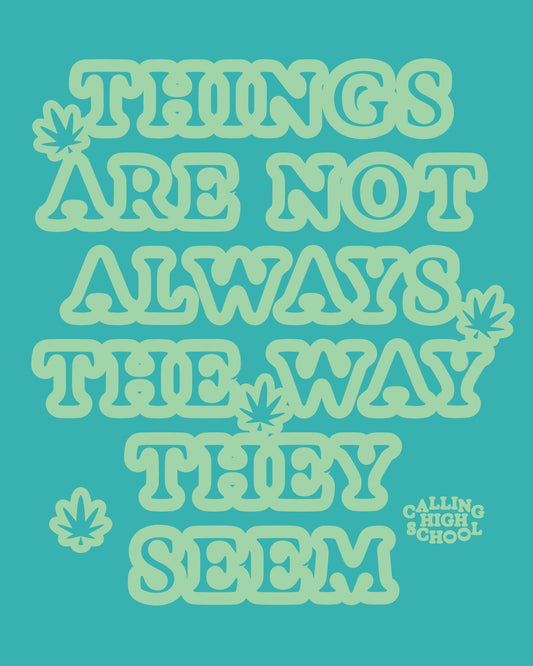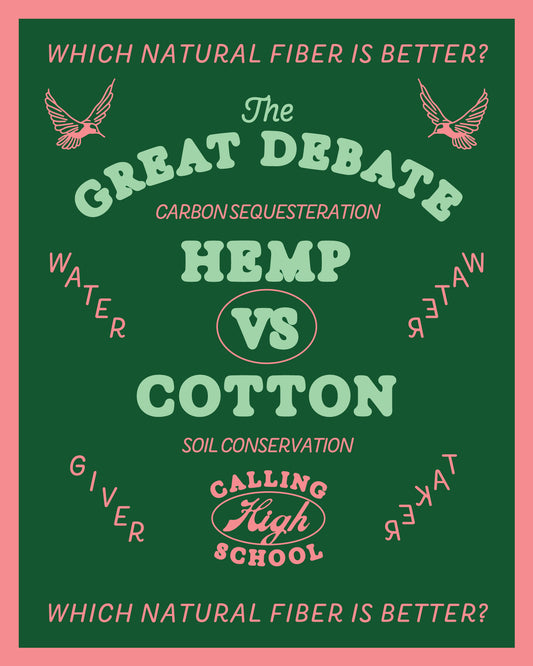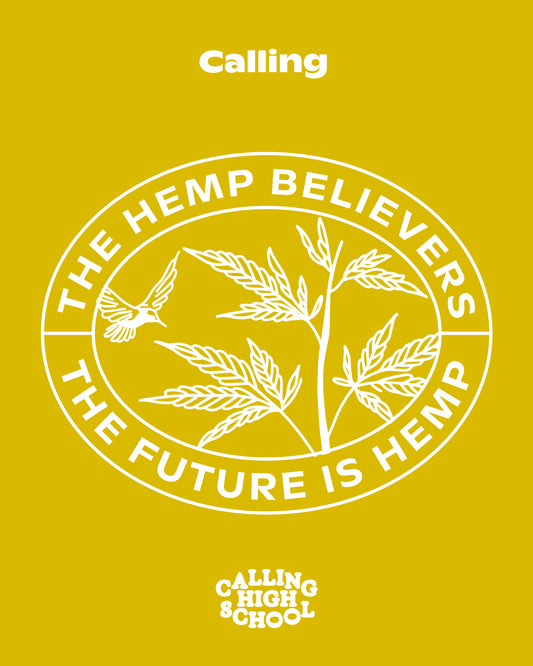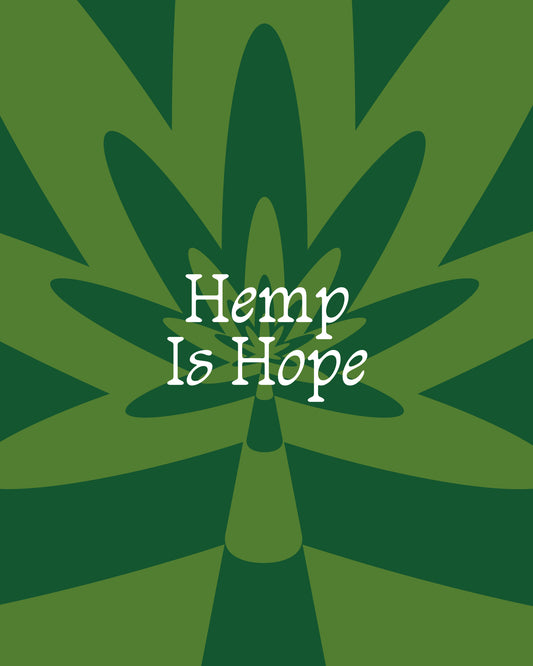
Hemp vs Cotton : The Great Debate
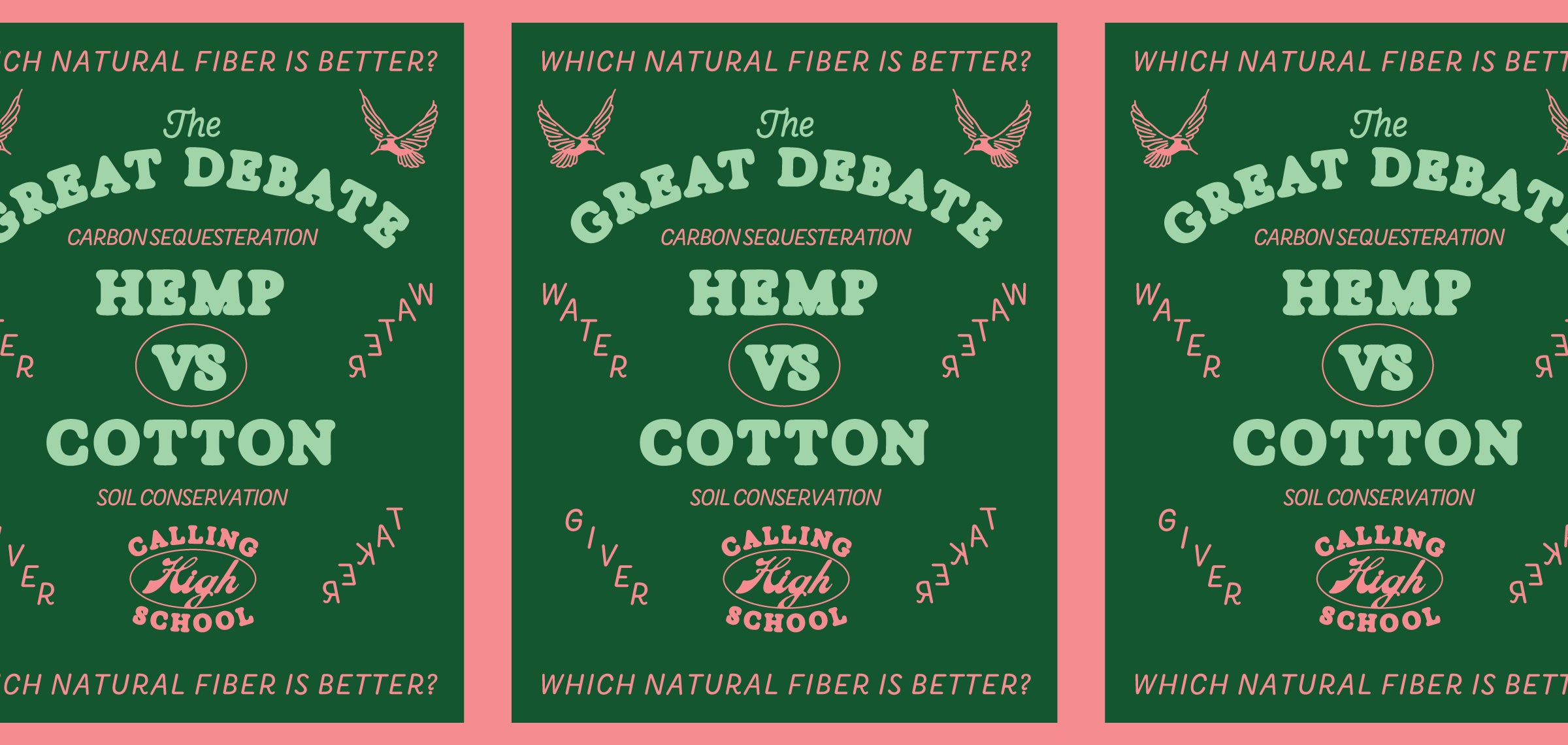
Ladies and gentlemen, welcome to the Great Fibre Debate! In today’s fibre showdown, two natural fabrics are battling it out for supremacy: cotton, the reigning champion of the clothing industry, and hemp, an ancient fibre that's been around for longer than most people realize.
While cotton has been basking in the spotlight for centuries, hemp - despite its long history - has remained in the shadows. When it comes to natural fibres, most people immediately think of cotton. It's the fabric that's been a staple in our closets for centuries. But now, as climate change takes centre stage, hemp is stepping up to remind the world that it's been quietly growing solutions for centuries.
The Water Usage Battle
One of the biggest environmental issues we face today is water scarcity, and when it comes to water usage, hemp wins hands down. Hemp requires 50% less water to grow compared to cotton. While cotton requires about 20,000 liters of water to produce just 1 kilogram of fibre, hemp’s efficient growth means it thrives with far less.
Pesticides? Not Needed Here
Hemp has another major advantage: it doesn’t need chemical pesticides or herbicides to grow. Cotton, unfortunately, isn’t as low-maintenance. It’s often referred to as a “dirty crop” because it relies heavily on pesticides to thrive. These chemicals don’t just harm the environment - they deplete the soil, pollute water sources, and impact surrounding ecosystems. Hemp, by contrast, grows easily without any of these toxic additions, making it an eco-friendlier option from seed to fabric.
Carbon Absorption: Hemp’s Superpower
Now, let’s talk about one of hemp’s most remarkable traits: its ability to absorb carbon dioxide. While all plants help clean the air by absorbing CO2, hemp does it better. A single hectare of hemp can absorb up to 22 tons of CO2 per year, making it a true climate hero. As the world battles climate change, crops like hemp can make a significant difference by reducing the amount of carbon in the atmosphere.
Durability That Lasts
When you think of hemp, you might imagine something rough or stiff. But don’t be fooled-hemp becomes softer with each wash while maintaining its strength. In fact, hemp fibres are known for their durability, often outlasting cotton by a long shot. Cotton may be soft and familiar, but it tends to wear out faster, especially with frequent washing. Hemp, on the other hand, is built to last, meaning your clothes can stay in rotation for much longer.
Better for the Soil
One of the less obvious, but equally important, benefits of hemp is its ability to replenish the soil. While cotton depletes the earth of nutrients, hemp actually gives back, improving soil health as it grows. It’s like a natural fertilizer, ensuring that future crops can thrive. In a world where agricultural land is being degraded at alarming rates, this is a big deal.
As we look towards the future, it’s clear that the fashion industry needs to make some changes. The environmental impact of traditional fabrics, especially cotton, is becoming harder to ignore. From water usage to pesticide dependence, cotton has a lot of room for improvement. Hemp, on the other hand, offers a solution that’s already here, ready to be embraced.
It’s stronger, more sustainable, and better for the planet. In a time when climate change is front and center, making the switch to hemp is one of the smartest choices we can make.
Hemp isn’t just an alternative - it’s the future.




